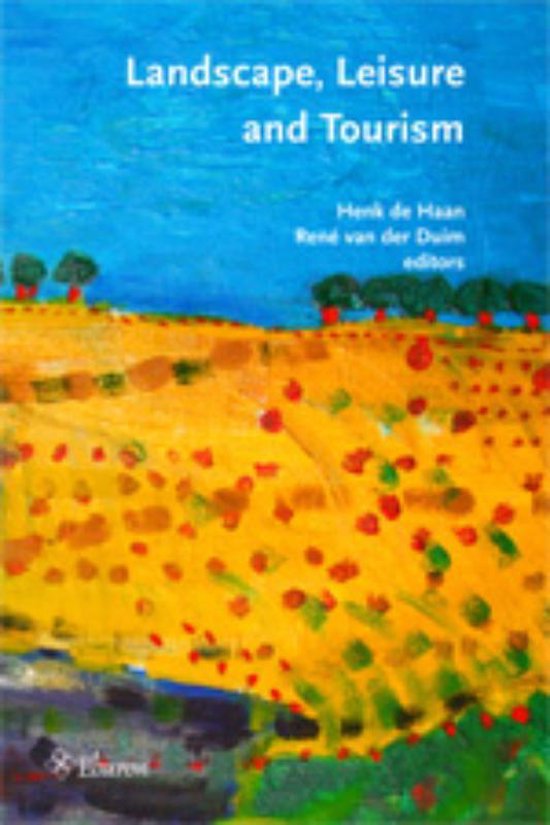
Landscape, Leisure And Tourism
-
AuteurHans de Haan
- Uitgeverij-
- Jaar-
'Landscape, Leisure And Tourism' by Hans de Haan is a comprehensive exploration of the intricate relationships between landscapes, leisure activities, and tourism. This book delves into how natural and urban landscapes are transformed into spaces of leisure and tourism, examining the socio-economic and environmental impacts of these transformations. With a focus on sustainable practices, the author presents case studies from around the world, offering insights into how tourism can coexist with environmental conservation. The book is an essential read for students, professionals, and anyone interested in the dynamics of tourism and leisure in contemporary society.
Hans de Haan's work stands out for its interdisciplinary approach, combining geography, sociology, and environmental studies to provide a holistic understanding of the subject. The detailed analysis and theoretical frameworks presented make this book a valuable resource for academic research and practical applications in the tourism industry. The author's engaging writing style and the inclusion of vivid illustrations and photographs enhance the reader's experience, making complex concepts accessible to a broad audience.
With its global perspective, 'Landscape, Leisure And Tourism' addresses current challenges and opportunities in the tourism sector, including the effects of climate change, the rise of eco-tourism, and the importance of cultural heritage. This book not only informs but also inspires readers to think critically about the future of tourism and leisure in relation to landscape preservation and development.